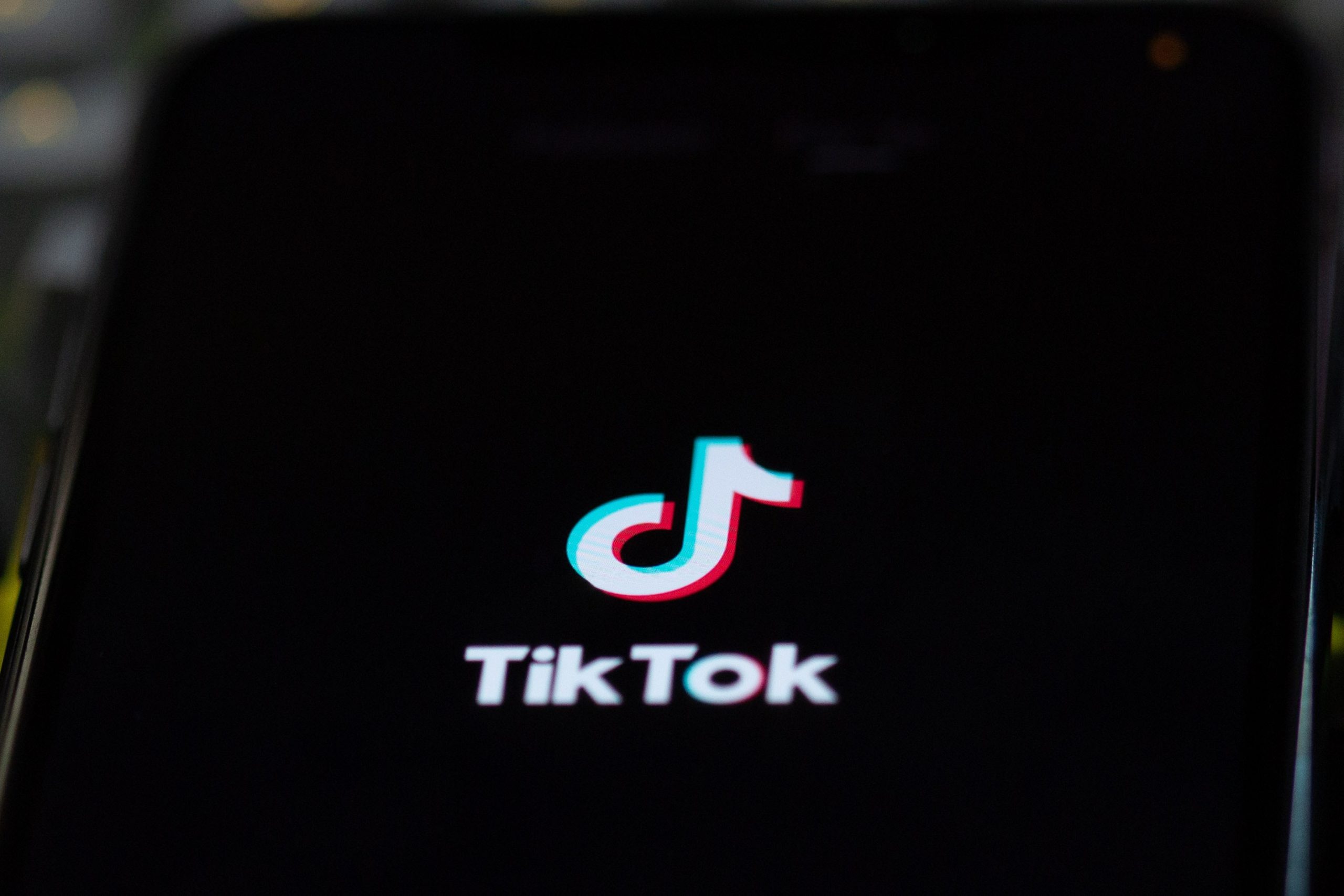Although I’m a staunch member of Gen Z, I’ve fallen characteristically behind in adapting to new technologies and social media. The rapid growth and popularity of different platforms seem to result in more long-term consequences than we’re able to ascertain from the beginning. Therefore, I’ve allowed everybody else to experience them first, report back and then decide for myself whether to sign up. And this sequence of events was particularly applicable to what is now the second most popular social media app among Gen Z: TikTok.
I was one of the last 20-year-olds on Earth to finally download TikTok, but when I did, I was instantly hooked. I love escaping into the mindless scrolling that distracts me from school, life or really anything else I’m supposed to be doing instead — and that’s no accident. TikTok is one of the most addictive social media platforms because it recommends other TikToks that are actually interesting and narrowly tailored to the individual.
This is because the TikTok algorithm uses a unique set of tools to get to know you — maybe even better than you know yourself.
What Is the Algorithm and How Does It Work?
The infamous TikTok algorithm is just a select set of data the app uses to understand who you are as an individual. When users first download TikTok, they’re fed a bunch of information and various videos that they either scroll past or watch until the end. These seemingly random videos are featured on what’s known as the “For You Page” (FYP). And if users come across something they vehemently dislike, they can even denote it as content they’d rather not see anymore and TikTok will stop recommending it.
TikTok is one of the few apps that’s able to collect granular information while users are on it. The app does so by recording the time spent on each video, how many times it was watched or even if the individual checked out the content creator. This is all considered implicit feedback because it’s based on subconscious user choices, and it’s part of the reason users often get that eerie feeling like TikTok knows what we’re thinking. And to be honest, it does.
TikTok also uses implicit (and explicit) user feedback from other apps or websites such as Instagram, Snapchat, Spotify and Amazon to determine the kinds of things people look up, purchase and generally engage with. TikTok can even access a person’s location and recommend regional content depending on where the person is or if they’ve traveled recently. I experience this every time I complete my 13-hour trek from Texas to college in Indiana, as I’m habitually greeted with Midwest TikTok depicting cornfields, religious signs on the interstate and unfettered self-deprecation native only to the crossroads of America.
Though I find this entertaining, it sometimes feels relatively invasive. When I’ve been watching “The Sopranos,” I discover gabagool on TikTok. When I’m feeling particularly blue and listening to a lot of Frank Ocean, I see exclusively self-help videos. I find myself stuck between wanting TikTok to show me things I like without telling me how I should feel.
Okay, But Why Am I So Addicted?
Understandably, TikTok is an easy app to get addicted to because it requires little effort from the consumer to find interesting content. However, it also takes advantage of the brain’s ineptitude against “random reinforcement” or the possibility of finding a video that’s really intriguing in the sea of mediocrity. While watching funny or personable TikToks, the user’s brain gets a little hit of dopamine, causing them to continue scrolling in hope of further hits. According to USC professor and author Dr. Julie Albright, it’s an act of drugging ourselves because the differentiation between finding videos we like and videos we don’t is what keeps us coming back. It applies the same methodology as slot machines and gambling.
TikTok is also popular because of our generation’s short attention span. Its methodology is akin to a negative feedback loop as content is typically around one to three minutes long, and the most immediately interesting content is what usually goes viral. Though there’s no evidence TikTok will have long-term effects on our attention span, we’ve trained our brains to respond only to its immediate stimuli, making it all the more difficult to have autonomy over what content we see and what we find interesting.
So What Should I Do?
Though this contemporary rewiring of our brains sounds injurious, it doesn’t have to be. Research suggests that one major benefit of TikTok includes an increased tendency for Gen Z to be more globally empathetic, as it’s easier now than ever before to see ourselves as citizens of the world rather than our immediate neighborhoods.
Nonetheless, it can be detrimental to feel targeted or marketed to because of private interests or personal biases. This is especially true of TikTok’s notorious ability to recognize homosexual or sexually fluid tendencies and subsequently suggest further videos to reinforce them. It’s becoming harder and harder to distinguish an independent thought from a TikTok imposition. Though it can be difficult to remove ourselves or find more self-determination, it’s not impossible. Students and researchers across the country are developing new technologies to help curtail the negative effects of social media, but it can all start at the individual level. It just requires more active choices.
If we retrain our brains to require less immediate gratification from videos or find other things to keep us occupied, we can slowly garner more independence over TikTok and other social media platforms. I’m not great at doing so myself and often force myself to do it, but simply acknowledging the tendency in the first place is a significant step in the right direction. Personally, I’ve found listening to podcasts, taking walks or even baking helps me find something to do with my hands, and it’s just as effective at preventing even the smallest chance of wanting to engage with the addictive app. I like TikTok just as much as anybody else, but I try to have a healthy sensitivity for how influential it can be.
















